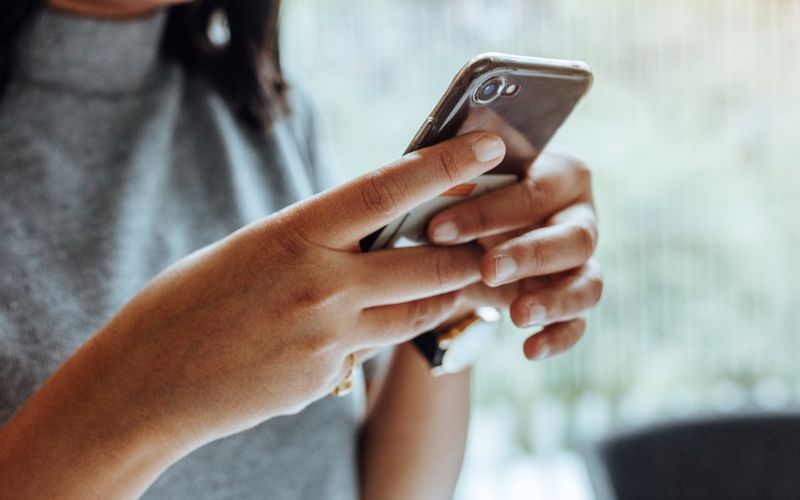
- Details
- By Elyse Wild
A recent beta test of a Facebook group for Native American women in recovery for opioid-use disorder showed promising results, according to a new study.
Researchers at the Rochester, Minn.-based Mayo Clinic, in collaboration with the Minnesota Indian Women's Resource Center, created “Wiidookaage'win” (Ojibwe for “working together and helping one another”), a culturally centered Facebook support group to supplement medication for opioid use disorder.
The beta test, involving ten Native American women from Minnesota who are in recovery, showed positive outcomes. All participants, ranging in age from 25 to 62 years old, remained opioid free for the entire 30-day study period. The test points to the potential of the group in fostering a sense of community and shared experience among participants, according to one of the study’s co-authors.
“The purpose of the group was to encourage social support and cultural reconnection to prevent returning to opioid use,” Antonia Young, clinical research coordinator at Mayo Clinic and one of the study’s authors, told Native News Online. “They [study participants] found it really fulfilling to share each other's stories, and they felt acknowledged by being connected with other Native women in recovery.”
The study is thought to be the first evaluation of social media as a means of addiction behavioral intervention specified for Native American women, according to researchers. It was similar to another study conducted in 2022 of a culturally tailored Facebook group centered on smoking cessation for Alaska Native adults.
Young said researchers wanted to focus the Facebook group on Native women due to the compounding barriers they face to accessing treatment, including longer wait times, childcare conflicts, and post-traumatic stress disorder.
As noted in the study, many facilities that treat AI/AN communities do not offer medication for opioid use disorder — including methadone, buprenorphine, and naltrexone — which reduce cravings for opioids and are considered the leading treatment for OUD. Across all populations, retention of MOUD remains low, hovering anywhere between 30-50%.
During the 30-day study, participants shared their experiences and encouraged each other, sharing traditional practices such as smudging. Moderators posted evidence-based stress management and resiliency resources and mindfulness exercises designed to quell the urge to use opioids. While it is difficult to gauge through Facebook metrics if the women utilized the exercise, the experiences women in the group shared garnered the most engagement, Young said.
“What we really took away from that is that the really, really personal discussions and talking about what the participants themselves do to manage their recovery is potentially more valuable than anything [new that we introduced],” she said.
As confirmed by urinalysis and self-reporting, all participants abstained from opioid use over the duration of the study.
Researchers are currently recruiting participants for a larger study of the Facebook group. Young said interested participants must be Native women residing in Minnesota who have been taking medication for opioid use disorder for a minimum of 30 days. For more information on participating, call 1-833-880-2600.
More Stories Like This
Utah May Take ‘The First Step of Many’ to Better Investigate Missing and Murdered Indigenous PeopleNational Indian Health Board's Strategic Plan Listening Tour Underway
‘You Are Never Alone’ | How One Tribe Is Fighting Youth Suicide With Culture and Crisis Response
‘Our Culture is Prevention’
This National Cancer Prevention Month, Reduce Your Risk


